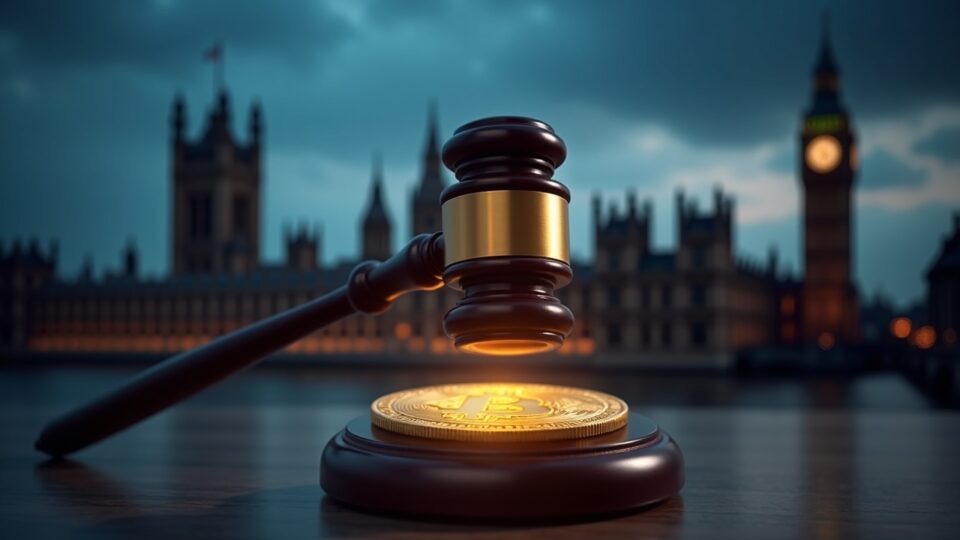The United Kingdom government has stated its intention to keep 61,000 bitcoins, valued at approximately $7 billion. These digital assets stem from one of the largest operations against financial fraud in the country’s history. The decision comes after a lengthy judicial process that culminated in the conviction of those involved in a massive fraud scheme. The information was confirmed by the Crown Prosecution Service (CPS).
A fortune for the state?
Details of the case reveal that the funds were confiscated in 2018. They were linked to Zhimin Qian, who orchestrated an investment fraud between 2014 and 2017. More than 120,000 Chinese investors fell victim to this elaborate scheme. The majority of the Bitcoin seizure in the UK was carried out after a property raid where devices storing the assets were found, marking a milestone for local authorities in the fight against cybercrime.
This news is highly relevant to the crypto ecosystem. Furthermore, it sets a precedent for how governments handle digital assets recovered from illicit activities. While British authorities seek to bolster public coffers with these funds, a complex legal debate has opened. On the other hand, the victims of the original fraud have initiated civil proceedings to claim fair compensation for their losses, arguing they have a right to the recovered funds.
The fate of the Bitcoin and its implications
The impact of this decision on the digital economy could be significant. If the government decides to liquidate such a large portion of Bitcoin, it could create selling pressure in the market. However, there is also the possibility that they may decide to hold the assets as part of their reserves, turning the UK into a relevant state actor in the cryptocurrency space. This Bitcoin seizure in the UK highlights the growing intersection between traditional finance and digital assets.
The current situation leaves a landscape of uncertainty. The next court hearing is scheduled for January, but legal experts anticipate that the battle for the funds could extend until 2027. The final resolution will determine not only the fate of billions of dollars but also the future legal framework for the restitution of digital assets to victims of transnationalfraud, an issue of growing global importance.

